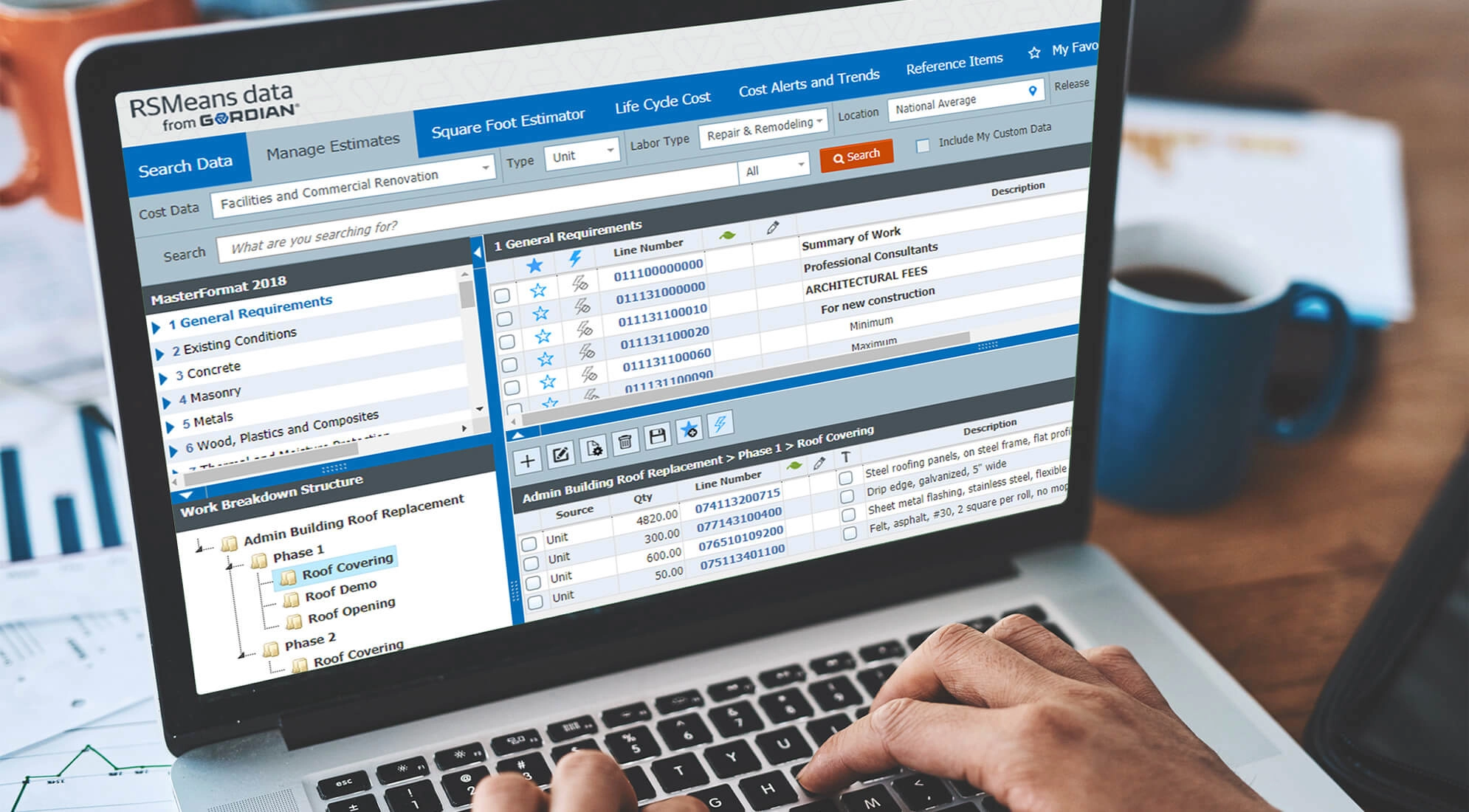The construction needs of the Federal government are complex and diverse, as projects can range from long-planned remodels of VA hospitals to disaster recovery projects and all points in between. There is no one-size-fits-all solution for getting good work done. To match their varied demands and meet their varied challenges, agencies and departments use an array of project delivery methods. One of the many construction project delivery methods available to Federal government project owners is Indefinite Quantity/Indefinite Delivery (IDIQ).
IDIQ Programs
Generally speaking, IDIQ programs empower project owners to order an undefined number of construction tasks or services from a selected pool of contractors using one competitively-bid contract. As explained in a 2017 Construction Dive article, “many public agencies use IDIQ when there is uncertainty as to how much of a service they need and when they’ll need it.” The article goes on to explain that this arrangement often benefits both project owners and contractors because “IDIQ programs allow public agencies to lock in prices for a set period of time. For contractors chosen to participate, it can be an opportunity to lock in a customer.”
An IDIQ program begins with an umbrella contract that enables the government to issue purchase orders under that contract. This contract defines the parameters of the work that can be completed over the contract’s life. This is the chief advantage of completing construction work with IDIQ project delivery method. The consolidation of work under one master contract relieves the administrative burden of creating separate contracts with separate selection processes, enabling work to be initiated faster.
However; not all IDIQ contracts are the same. They solve different problems and serve different purposes. Let’s look at a few of the IDIQ contracting methods available to Federal construction project owners: Single Award Task Order Contracts, Simplified Acquisition of Base Engineer Requirements, Job Order Contracting, Multiple Award Task Order Contracts, Multiple Award Construction Contract, Performance Oriented Construction Activities and Basic Ordering Agreements.
Single Award Task Order Contract (SATOC)
This type of contract functions like a JOC contract, but with a higher budget threshold and more design work. When agencies use a SATOC for procuring construction projects, they solicit RFPs from contractors and award the contract to one vendor for multiple years. The agency then issues task orders to that sole provider to complete projects. SATOCs are often used by military branches.
Simplified Acquisition of Base Engineer Requirements (SABER)
Also used by the Air Force, SABER contracts are meant to start minor construction projects, repairs and maintenance work faster by reducing Civil Engineer design work and lead time. With SABER, project owners expedite engineering requirements by ordering tasks from a Unit Price Book with preset prices. These tasks have minimum design considerations and are typically applied to straightforward construction projects valued at less than $1,000,000.
Job Order Contracting (JOC)
There is plenty of overlap between SABER and Job Order Contracting. Like SABER, JOC is predicated on a catalog of construction Tasks with preset prices; at Gordian, we call our Unit Price Book a Construction Task Catalog® (CTC). Because the Construction Task Catalog is designed to complete a succession of pre-defined construction tasks, the JOC method is ideal for a variety of small to medium construction projects including repairs, renovations and maintenance work, or emergency construction. And, because JOC contracts access work from local contractors, it has the additional benefit of supporting small businesses, including minority-owned and veteran-owned businesses. JOC is a popular IDIQ program for Army construction projects.
Learn how project owners in government, education and healthcare use JOC to complete renovations, repairs, upgrades and more in this free eBook, “Building Excellence – Completing a Variety of Projects with Job Order Contracting.”
Multiple Award Task Order Contract (MATOC)
Typically used for larger projects that require a full design phase, the MATOC project delivery method is used across DOD and civilian agencies and is regulated by, among others, the Army Federal Acquisition Regulation Supplement (AFARS). Multiple contractors are housed under this one master contract, creating a pool of pre-selected contractors that bid on projects, similar to a MACC. This second, task order-level layer of competition is a favorite of Contracting Officers (COs/KOs), who believe it drives down costs. When a winner is selected for a project, a task order is issued by the owner to the contractor who will complete the project. Task orders may be based on a lowest price bases or through best value selection.
Multiple Award Construction Contract (MACC)
Used for larger construction projects that require some design work, MACC contracts are simply MATOCs that are specific to construction work. While USACE and GSA tend to issue these contracts under the MATOC title, the Air Force and Navy prefer the term MACC.
The advantage of MATOCs and MACCs are that they pre-qualify a group of contractors to which the owner issues task orders for completing projects. The pre-qualification criteria can be based on a number of factors including past performance, general experience, safety and other government prerogatives. Pre-qualifying contractors helps owners get good, consistent work from contractors who understand the agency’s needs. MACC contracts are overseen by various DOD regulations, including the Air Force Federal Acquisition Regulation Supplement (AFFARS).
One criticism of MATOC and MACC contracts is that small and disadvantaged businesses (SDBs) often struggle to participate in them. That is because these contracts are usually used for larger, complex construction projects with higher bonding requirements with bidding cycles that can place unreasonable demands on SDBs. Single-award IDIQ programs tend to be friendlier to small businesses.
Performance Oriented Construction Activities (POCA)
These contracts are progressive, meaning they begin with an initial, lower-dollar-value task. Federal agencies can then incrementally add tasks that rise in value or duration based on the quality of work the contractor does on the initial task.
Basic Ordering Agreement (BOA)
Unlike the other IDIQ programs listed here, a BOA is not an actual contract for construction. In fact, it is typically used for maintenance and small projects like paint jobs. However; like IDIQ contracts, BOAs are used to expedite contracts for services and supplies for an unknown quantity of future work. BOAs benefit contractors because they can properly invest in and maintain an equipment inventory and BOAs benefit project owners because they get to reduce lead time and procure work for facilities with no on-site maintenance staff. Reviewed annually, a BOA specifies the point at which each order becomes a binding contract and the procedures for accepting or rejecting that contract.






